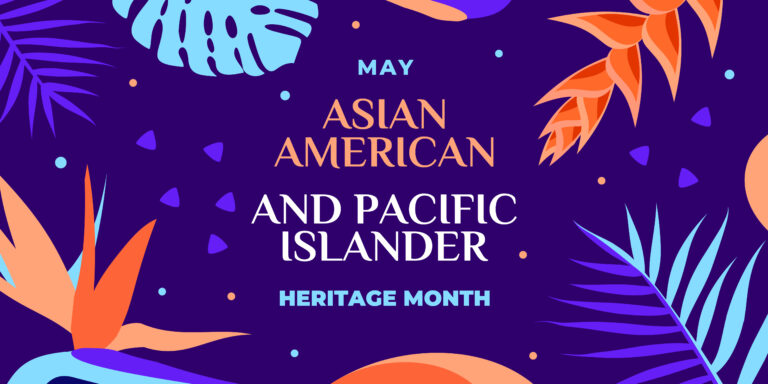
Every May, Asian American Pacific Islander Heritage Month recognizes the challenges faced by Asian Americans, Pacific Islanders, and Native Hawaiians and their vital contributions to the American story. We celebrate Asian Americans and Pacific Islander’s AAPIs innumerable contributions to American history, culture, and society. We honor the AAPI legacy that stretches more than 400 years, when the first Asian immigrants, a group of Filipinos, landed on this continent in 1587.
In 1978, the federal government designated the week beginning on May 4, 1979, as Asian/Pacific American Heritage Week. In 1979, President Jimmy Carter accepted this call to action and issued a presidential proclamation in support of the AAPI week long observance.
In the years that followed, U.S. presidents annually issued proclamations for Asian/Pacific American Heritage Week. In 1990, President George H.W. Bush extended the week-long acknowledgment to a month-long celebration: Asian/Pacific American Heritage Month. Then, in 1992, President George H.W. Bush permanently designated the month of May as Asian/Pacific American Heritage Month. In a 2009 presidential proclamation, President Barak Obama expanded the Asian/Pacific American commemoration to include Pacific Islanders.
The month of May was chosen for AAPI Heritage Month because it commemorates the immigration of the first Japanese people to the United States on May 7, 1843. May is also a significant month because it recognizes Golden Spike Day, held on May 10, 1869, which marks the anniversary of the completion of the transcontinental railroad that was built with significant contributions from 20,000 Chinese immigrants.









![BB_MN_300x250[6]](https://owatonna.org/wp-content/uploads/2024/12/BB_MN_300x2506.jpg)




Leave a Comment